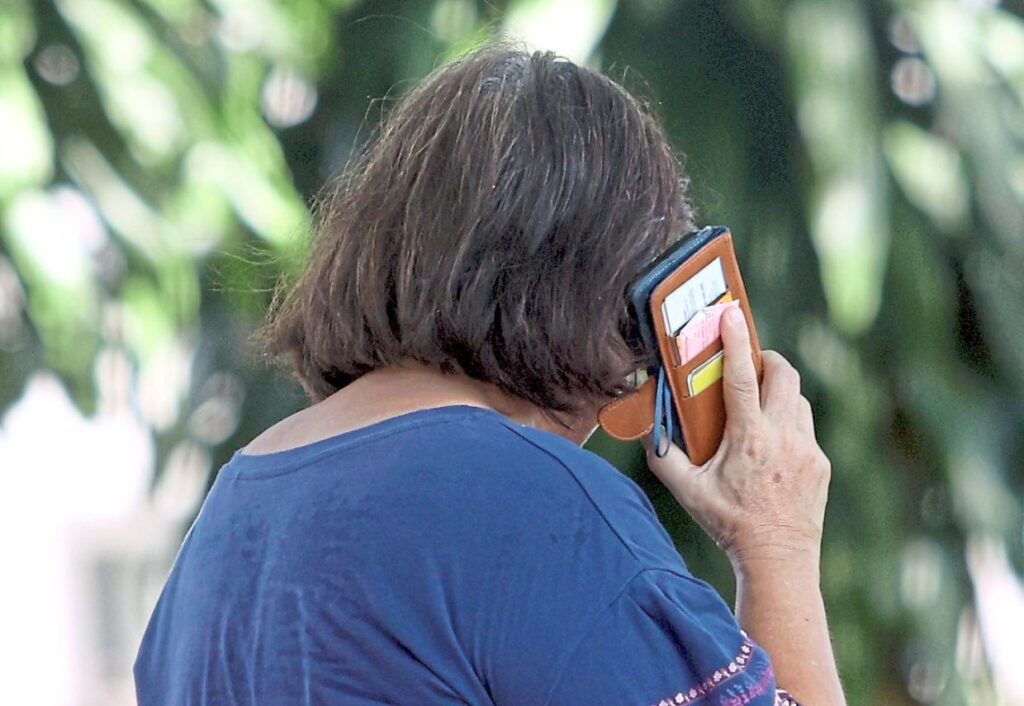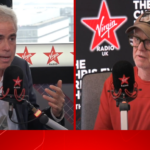According to a study conducted in Guarulhos, Brazil’s second largest city in the state of São Paulo, the messaging app WhatsApp can be a highly effective tool to help seniors cope with loneliness and depression.
published in the journal Natural medicinestudy was a randomized controlled trial involving 603 participants over 60 years of age enrolled in 24 primary care hospitals belonging to the Brazilian national public health network Sistema Único de Saúde (SUS).
Most of the participants (74.8%) were women, who tested positive for depression and had significant symptoms of the disorder, according to Dr. Marcia Skazufka, a research scientist and professor at the University of São Paulo’s Hospital das Clinicas. .
Recruitment of participants was based on responses to the Patient Health Questionnaire-9 (PHQ-9), a widely validated screening tool used to assess depression status and severity on a scale of 0 to 27.
Scores 0-4 indicate no depression, and scores 5-9, 10-14, 15-19, and 20-27 indicate mild, moderate, moderate, and severe depression, respectively.
“We invited everyone who scored 10 or higher on the baseline assessment to participate, so our sample included people with moderate to severe depression,” said Professor Skazufka.
The participants were then randomly divided into two groups.
“An intervention group of 298 participants received WhatsApp messages with educational content about depression and behavioral activation twice a day, four days a week, for six weeks through the Viva Vida program.
“A control group of 305 participants received a single message with educational content.
“Neither group received support from health professionals,” Professor Skazufka explained.
The name of the program Viva Vida means “Live Long”.
Although 603 people were initially recruited, only 527 (87.4%) completed the follow-up assessment.
42.4% of the intervention group improved their depressive symptoms compared to 32.2% of the control group.
“This shows that an intervention in the form of a mobile phone message can be effective in the short-term treatment of depression in older people in areas with limited health services,” said Professor Skazufka.
Because many elderly low-income Brazilians are semi-literate or illiterate, the intervention group received a three-minute audio message or picture, but no message.
The researchers tried to use simple phrases inspired by popular radio programs.
Ana and Leo, two actors, read messages that varied from educational language about depression to behavioral activation instructions and advice on how to avoid relapse.
“A 10 percent difference between the intervention and control groups in terms of improvement may seem small, but considering the very low cost of Viva Vida and the large percentage of the population, these 10 units may represent millions of people.
“Furthermore, Viva Vida should be seen as a first step that can be combined with other interventions.
“It is important to note that the majority of participants had never received treatment for depression, or even been diagnosed with depression,” Professor Skazufka said.
The results are particularly important in a middle-income country like Brazil, where the number of elderly people is growing rapidly and mental health services are inadequate, he added.
The program’s low cost and ease of implementation mean that it can be implemented in countries with similar or worse socioeconomic conditions, where conventional treatment is unavailable or inaccessible to many people.
“As we continue this type of research, we may find stronger evidence for the benefits of digital mental health interventions and expand the reach of psychotherapy around the world,” he said. – José Tadeu Arantes/Agência FAPESP
#WhatsApp #treat #depression #adults


